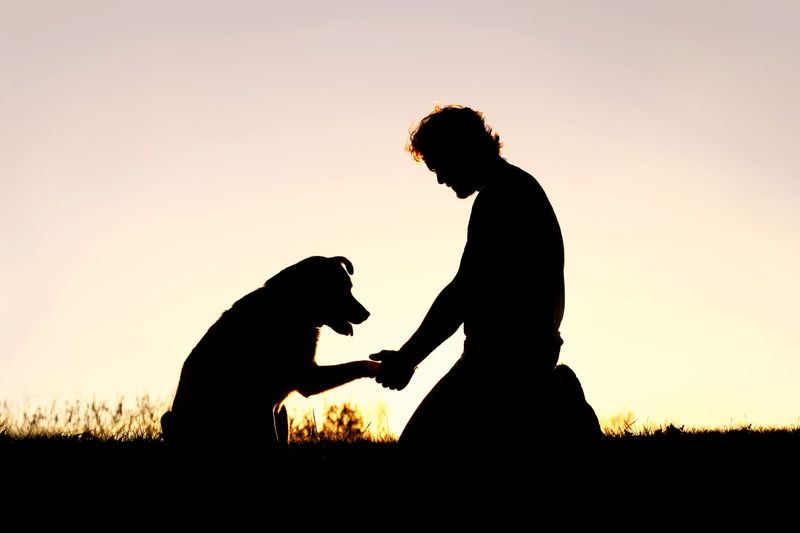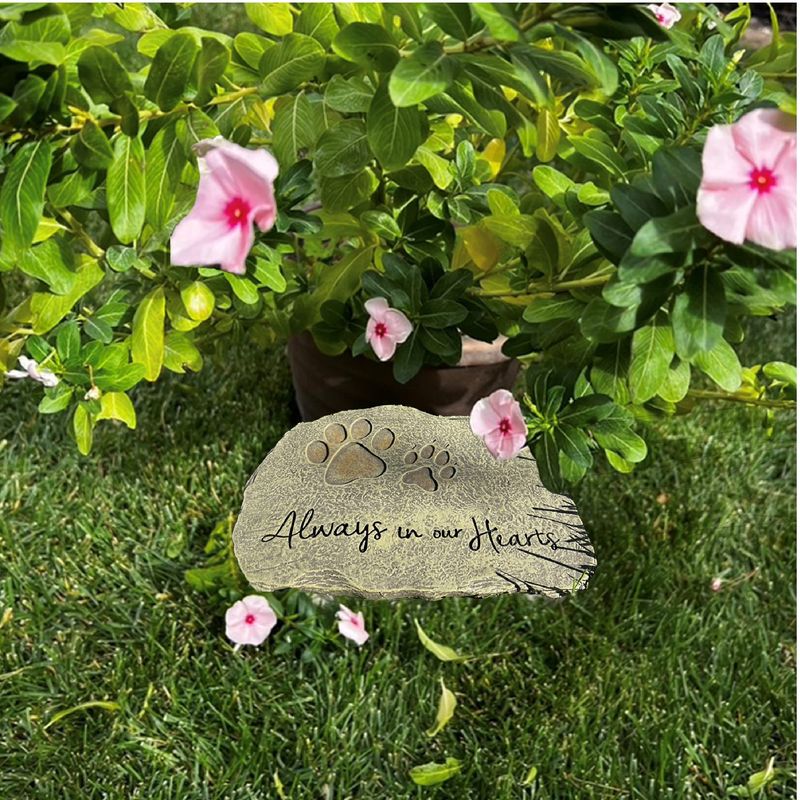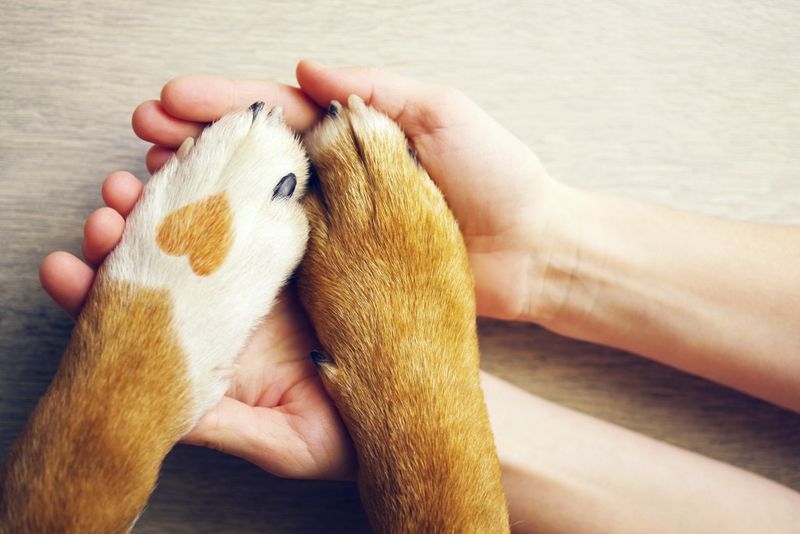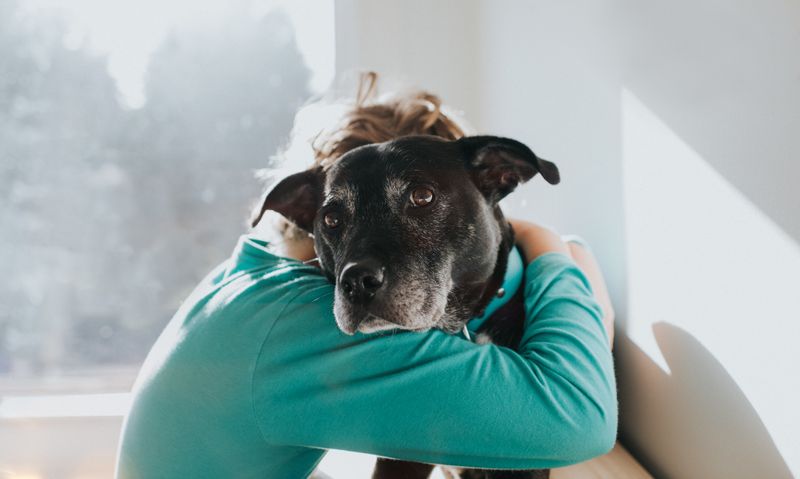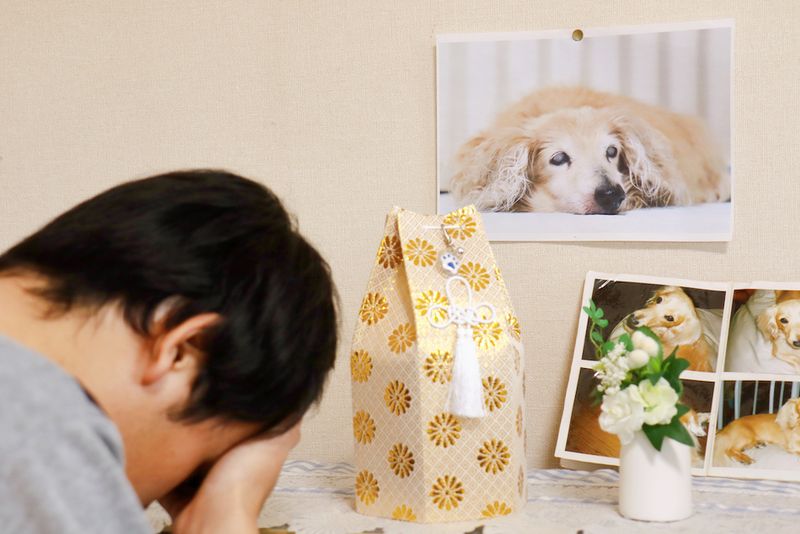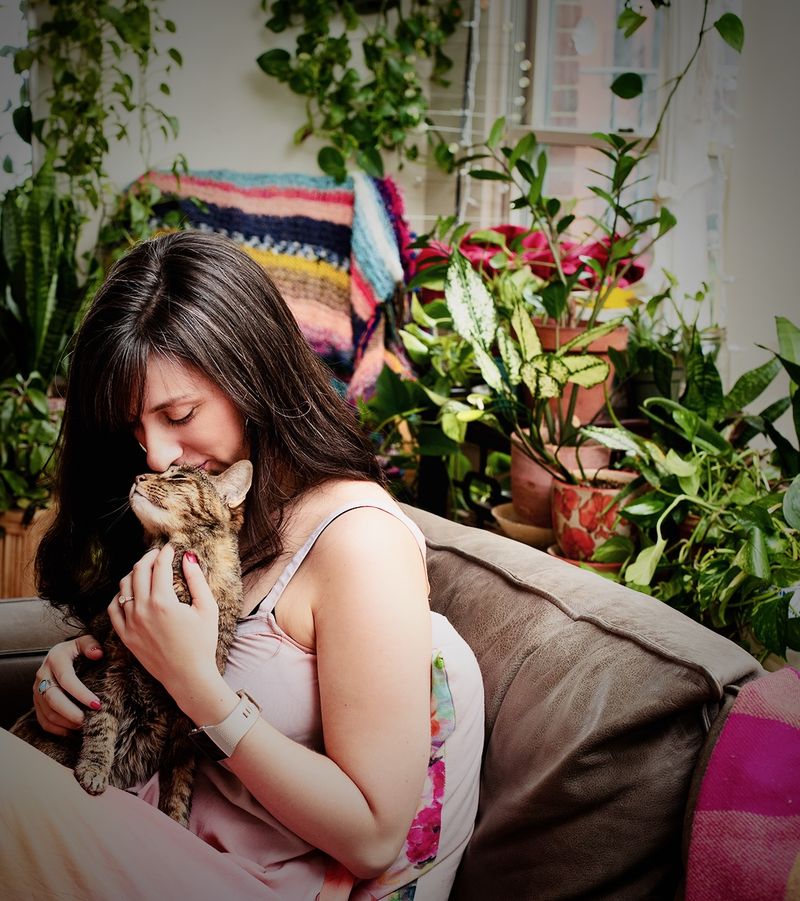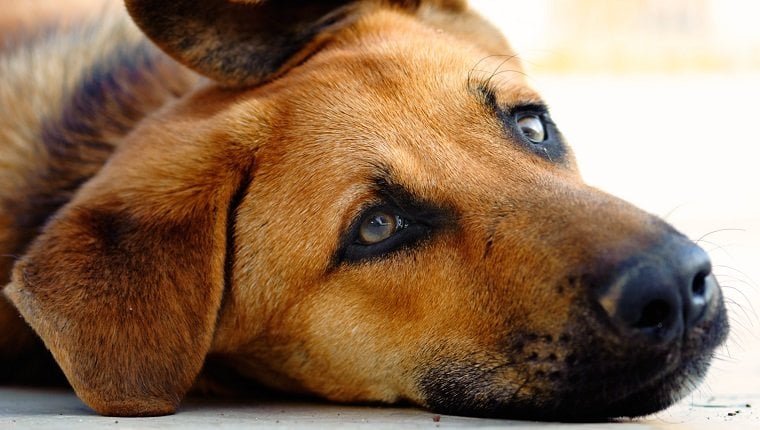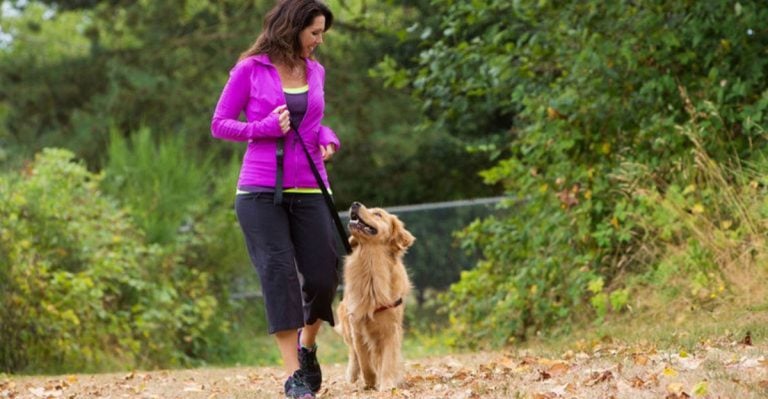7 Gentle Ways to Cope After Losing Your Furry Family Member
Losing a pet hits hard because they’re not just animals — they’re family. They’re the ones who curled up next to you on bad days, wagged their tails or purred when you walked through the door, and filled your routine with unconditional love. Their absence is felt in the quietest moments — the untouched food bowl, the still hallway, the empty space at the foot of your bed where they used to sleep. It’s more than just a loss; it’s the sudden disappearance of a constant, comforting presence in your life.
Grief after losing a pet is deep, real, and often underestimated. Some may not understand the intensity of your sorrow, but that doesn’t make it any less valid. Whether your pet was with you for a few months or many years, the bond you shared was unique — and its loss deserves time, care, and gentleness.
Everyone’s healing process looks different. There’s no right or wrong way to grieve, but there are meaningful ways to navigate the sadness, honor the love you shared, and start piecing your heart back together. These seven tips are designed to help you cope with the loss, while reminding you that healing is possible — one small step at a time.
1. Give Yourself Permission to Grieve Fully
Your bond with your pet was real and meaningful. The pain you’re feeling deserves acknowledgment and space to exist. Some people might say, “It was just a pet,” but you know better.
Those paw prints left marks on your heart that won’t quickly fade. Whether you need to cry, look through old photos, or simply sit quietly with your memories, allow yourself this time without judgment.
Grief doesn’t follow a schedule, and healing happens at its own pace. Your feelings are valid, and honoring them is the first step toward finding peace amid your loss.
2. Create a Meaningful Memorial
Honoring your pet’s life through a tangible reminder can provide comfort and a focal point for your memories. Consider planting a tree or flowering bush in your yard, creating a garden stone, or assembling a shadow box with their collar, favorite toy, and photos.
Many pet parents find comfort in commissioning a portrait or piece of custom jewelry incorporating fur or ashes. Others create digital memorials or photo books celebrating happy moments shared together.
Having a special place or object that represents your bond allows you to maintain a connection while acknowledging the physical separation that’s occurred.
3. Connect with Understanding Hearts
Sharing stories about your pet with people who truly understand can be profoundly healing. Fellow pet lovers won’t dismiss your grief or rush you to “get over it” – they recognize the depth of the human-animal bond.
Pet loss support groups exist both online and in many communities, offering safe spaces to express your feelings. Veterinary clinics and animal shelters often maintain lists of these resources or can recommend pet loss counselors.
Sometimes, simply hearing others articulate similar feelings validates your experience. Remember that isolation tends to magnify grief, while connection often softens its sharpest edges.
4. Preserve Comforting Routines
The daily rituals you shared with your pet structured both your lives. Morning walks, feeding times, and evening cuddles created a rhythm that now feels painfully disrupted. While some routines will naturally change, maintaining others can provide stability during this emotional upheaval.
Keep your alarm set for the same time. Continue your walks if they brought you joy. Stay connected to your neighborhood and nature in ways that honor what you and your pet enjoyed together.
Familiar patterns offer comfort when everything else feels chaotic, giving your mind and body predictable touchpoints throughout the day as you navigate your new normal.
5. Respect Your Readiness Timeline
Well-meaning friends might suggest getting a new pet right away to fill the void. While companion animals do bring joy, rushing this decision rarely honors your healing process or the unique bond you shared with your pet.
A new animal deserves to be welcomed for its own sake, not as a replacement. Some people find comfort in fostering temporarily, giving love to animals in need without immediate permanent commitment.
Trust your instincts about when – or whether – to welcome another pet into your home. Your heart will signal when it has created enough space to form a new bond while still treasuring memories of your departed friend.
6. Nurture Your Whole Self
Grief affects us physically as well as emotionally. You might notice changes in your sleep, appetite, or energy levels as your body processes this loss. Simple self-care practices become especially important now.
Stay hydrated, eat nourishing foods, and move your body gently each day. Consider journaling about your feelings or practicing meditation to process emotions. Nature walks, even brief ones, can provide perspective and momentary peace.
Remember that caring for yourself isn’t selfish – it’s necessary. Your pet loved you unconditionally and would want you to treat yourself with the same compassion you showed them throughout your time together.
7. Embrace the Healing Journey’s Twists
Healing from pet loss rarely follows a straight line. You might feel better for days, then find yourself in tears when you discover a forgotten toy under the couch. These emotional waves are normal and expected parts of grieving.
Anniversary dates, holidays, and other milestones may temporarily intensify your feelings. Rather than seeing these moments as setbacks, recognize them as opportunities to honor your continuing bond with your pet.
With time, most people find the sharp pain gradually transforms into tender remembrance. The love you shared becomes a permanent part of who you are, informing your capacity for connection and compassion going forward.

